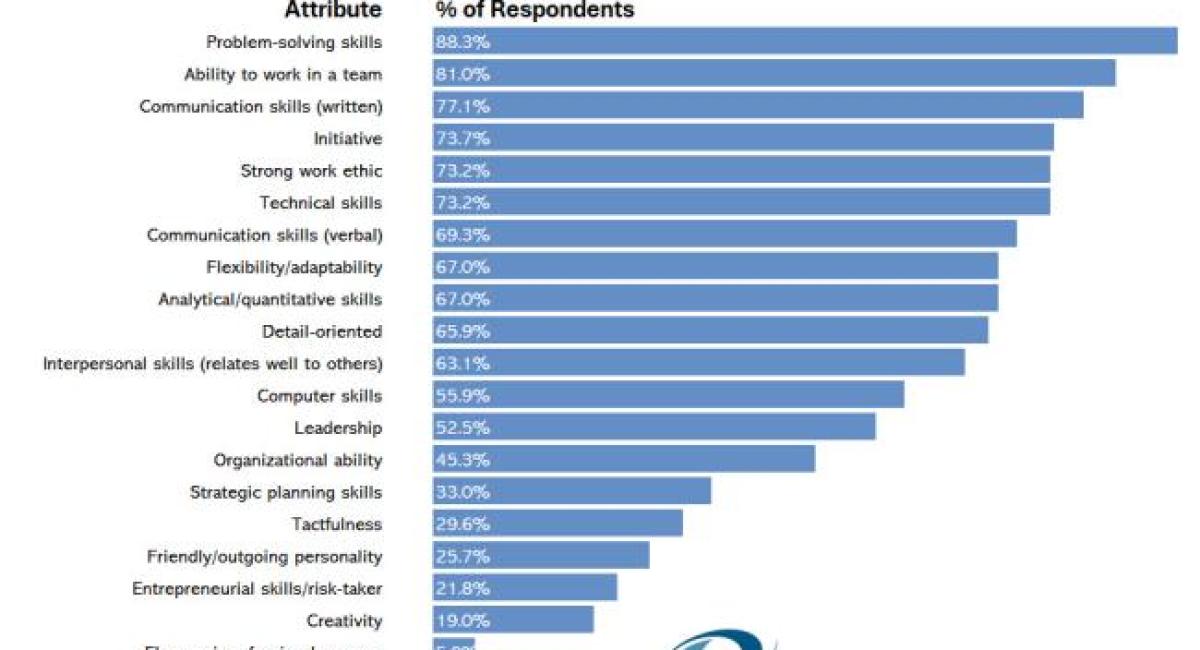Many people aspire to have an international career and this opportunity is no longer reserved only for career diplomats. Science, medicine, business, and education - to just name a few - are all fields that have more global career mobility than ever. Biomedical research has always had great reputation for being a very diverse and international field.

Writing a Letter of Recommendation – Tips for Mentors
As postbacs prepare to apply for graduate school, many might be coming to you to ask for a letter of recommendation. It can be hard to know how to start these all-important letters, so here are some things to keep in mind as you draft your reference letter.

Cognitive Distortions Create Imposter Fears
Recently, we received wellness tips from NIH Director, Dr. Collins. In case you missed it, you can check it out here. Part of that discussion revolved around how establishing a career in science and maintaining a healthy work-life balance can be stressful. Stressful situations are often fraught not only with external challenges, like getting that grant or interviewing well for that job; however, there are often a slew of internal challenges as well.

Interview with Dr. Collins on Wellness
OITE was lucky enough to recently connect with the Director of the National Institutes of Health, Dr. Francis Collins. He offers valuable tips from his own life and experiences. This is a must read for all, especially scientists just starting out in their careers.
You are well known for your hobbies (music and motorcycles to name two) on top of your professional accomplishments. How do you maintain all of your varied vocational and avocational interests?
Preparing for Multiple-Mini Interviews (MMI)
Interview season for professional schools has begun! Those of you who are selected for interviews may be told that the school will use an MMI interview format. This is a common interview format used by admissions offices for medical schools (MD, MD/PhD, DO), dental, pharmacy, veterinary and other health professions schools. Using the MMI helps a committee assess candidate’s professionalism, interpersonal skills, ethical and moral judgement. Other areas that are assessed are cultural awareness, empathy and listening skills, problem solving and judgement.

Finding Meaning in Your Work
A recent Hidden Brain podcast entitled “You 2.0: Dream Jobs” explored the importance of finding meaning in your work. Amy Wrzesniewski is a Professor of Management at Yale and her current research focuses on studying how employees shape their interactions and relationships with others in the workplace to add meaning to their job and change their own work identity. She notes, “People who see their work as a calling are significantly more satisfied with their jobs. They’re significantly more satisfied with their lives.
Becoming a Physician Assistant
A growing number of postbacs have indicated an interest in becoming a physician assistant (PA). So, what does this career path look like?
A PA is an advanced practice medical provider who is licensed to treat illness and disease. Depending on the state, PA’s can prescribe medication and order diagnostic tests for their patients. Generally, they examine patients and practice medicine on teams with physicians, surgeons, and other healthcare workers. In some extremely rural areas, a PA may even be the primary care provider at a clinic where a physician may present only one to two days a week. Laws and regulations on these practices vary by state in the U.S.
Difficult Work Conversations
Are you dreading a difficult work conversation? Perhaps you are already anticipating it will result in conflict. At work, conflict typically occurs when there are different perceptions regarding: 1. Tasks/Goals 2. Process – Methods, Quality, Timing, Resources 3. Status/Roles and 4. Relationship – Personalities and Values. In a survey of scientists, more than two-thirds report having between 1-5 “uncomfortable interactions” with people at work each week. More than 75% report spending about 10-25% of their time on “people problems”.

New to Your Lab? Tips for Making a Good First Impression
If you are new to the NIH, then welcome! No matter whether you are a summer intern, a postbac, or even a postdoc, starting a new position can feel stressful. You are most likely excited about this new opportunity and eager to make a good impression. Learning new names, discovering the location of supplies, and generally feeling comfortable in a new role can take quite a bit of time. Here are some tips to help make your transition a success:

Hate Your Job, but Scared to Leave?
At OITE, we often meet with trainees who aren’t sure what is the best next step for their career. There can be a lot of uncertainty around career decision-making. Perhaps you feel the same indecisiveness? Sometimes though, things can be very clear about one topic in particular – you hate your current job. Maybe you loathe the work tasks or perhaps it is just not a good work environment for you. Whatever the reason, most people are very aware when they truly dislike their job. Sometimes this will manifest in a feeling of dread every Sunday night or even every day, during your morning commute. The answer seems clear. You should quit your job, right?





